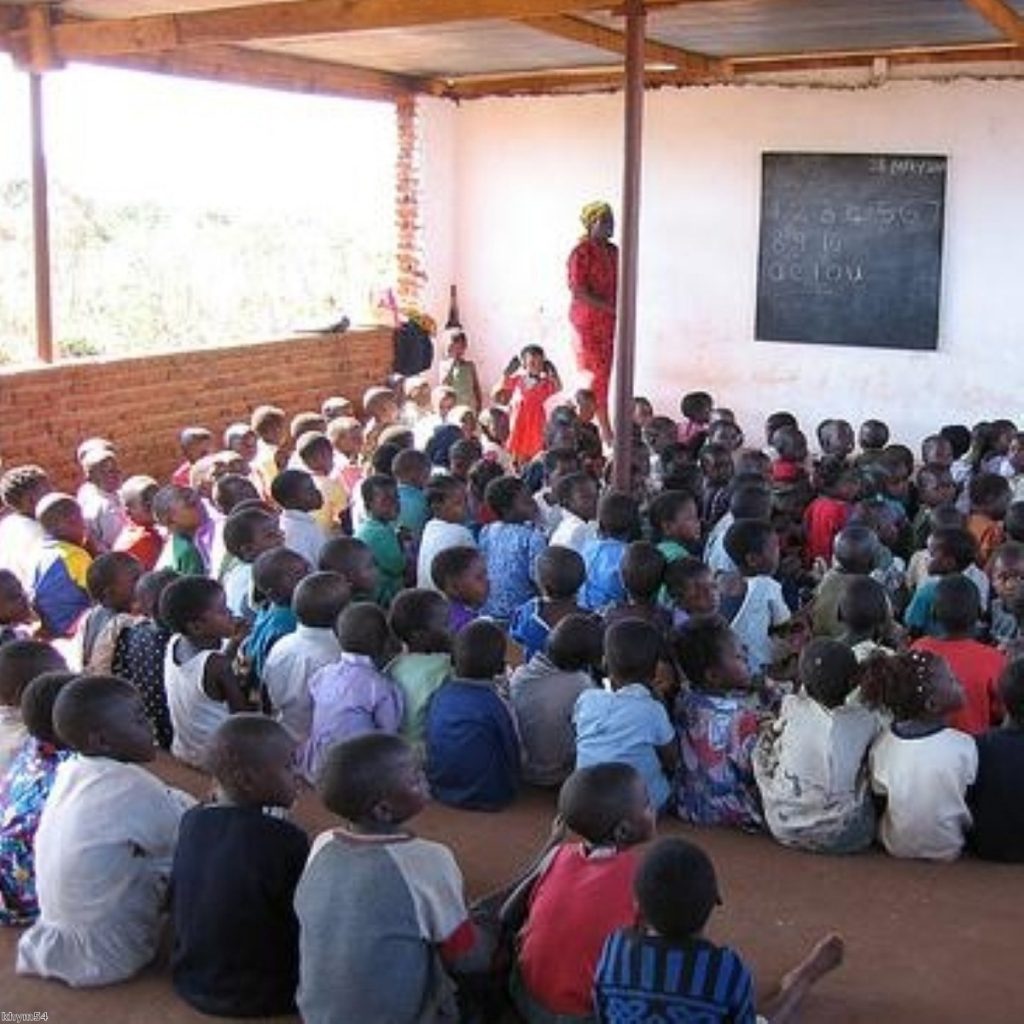Comment: Time to legislate on overseas aid
By Michael Moore MP
Over 40 years ago the United Nations agreed the richest countries in the world owed it to the poorest people in the world to do their bit to end poverty.
The 1970 resolution of the General Assembly said that by 1975 developed countries would give 0.7% of their gross national income every year in official development assistance.
Unfortunately this has remained a work in progress.


However, last year the UK became the first of the G7 wealthiest nations to reach that target.
And today my international development bill is debated in parliament which, I hope, will be the first step towards making this level of spending a recurring commitment for the years to come.
The bill has the support of all kinds of aid charities and NGOs – I am very grateful for the huge amount of work they have done in support of it so far.
Encouragingly, there is also cross-party consensus that we should act.
In the 2010 election manifestos, the Liberal Democrats, Labour and the Conservatives each promised to legislate and the coalition agreement included it as a firm proposal.
Aid is making a huge difference to the lives of millions of people across the world. Making our spending an ongoing commitment matters because the scale of poverty in the world remains scandalous.
Fifteen years of work to reduce extreme poverty and hunger by half, under the banner of the Millennium Development Goals, has not yet succeeded.

Ditto the goals of ensuring universal access to primary education or to improve maternal health. There is a long list of things still to do.
And yet there are those who oppose the level of development assistance provided by the UK or believe that it should be left to charitable donations rather than the state.
If the basic premise that helping the most disadvantaged on the planet 'is the right thing to do' does not persuade some people, then the idea that it is in our national interest surely ought to appeal.
In a globalised world, problems do not stay local for long. Whether it is financial contagion, environmental degradation, political instability or migration, the problems of the developing world are firmly those of the developed world too.
In this situation there is no awkward choice between altruism and national interests – development makes a difference to us all.
Others argue that since we do not make this kind of budgetary commitment in other areas of UK spending we should not do so here.
But a separate bill is being proposed to make a similar pledge in defence, one that makes sure we maintain Nato's target of two per cent of GDP spent annually on military expenditure.
As far as aid spending is concerned, this is about leadership – the chance to set the clearest example to other wealthy countries to persuade them to join us in the commitment.
It will also allow the focus of the aid debate in the UK to switch decisively from how much money we spend to how we spend the money.

It is sometimes argued that because some aid is squandered we should not provide this level of financial support or ongoing commitment from the taxpayer. We certainly owe it to both recipients and taxpayers to ensure that development support is appropriately used.
That is why my bill introduces provisions for independent evaluation of the relevance, impact, value-for-money and sustainability of the UK's development support, making sure that it is spent efficiently and effectively.
One last point, which I make in the context of the debate in Scotland about our future as part of the UK or as an independent state.
I am proud of the work that the UK has done in the field of international development and the fact that together our four nations have reached the UN target.
I am also proud of the fact that the Department for International Development has an important base in East Kilbride, south of Glasgow, where over 40% of the department's UK staff are based.
People from all parts of the UK contribute to the department's efforts in East Kilbride, including on the prime minister's initiative to combat global hunger and malnutrition. It is a positive example of our great family of nations working well together.
Today I have the great privilege of introducing the international development (official development assistance target) bill. I hope it will soon be turned into legislation and commit the UK to continue to be a force for good around the world.
Michael Moore is the Liberal Democrat MP for Berwickshire, Roxburgh and Selkirk
The opinions in Politics.co.uk's Comment and Analysis section are those of the author and are no reflection of the views of the website or its owners.












